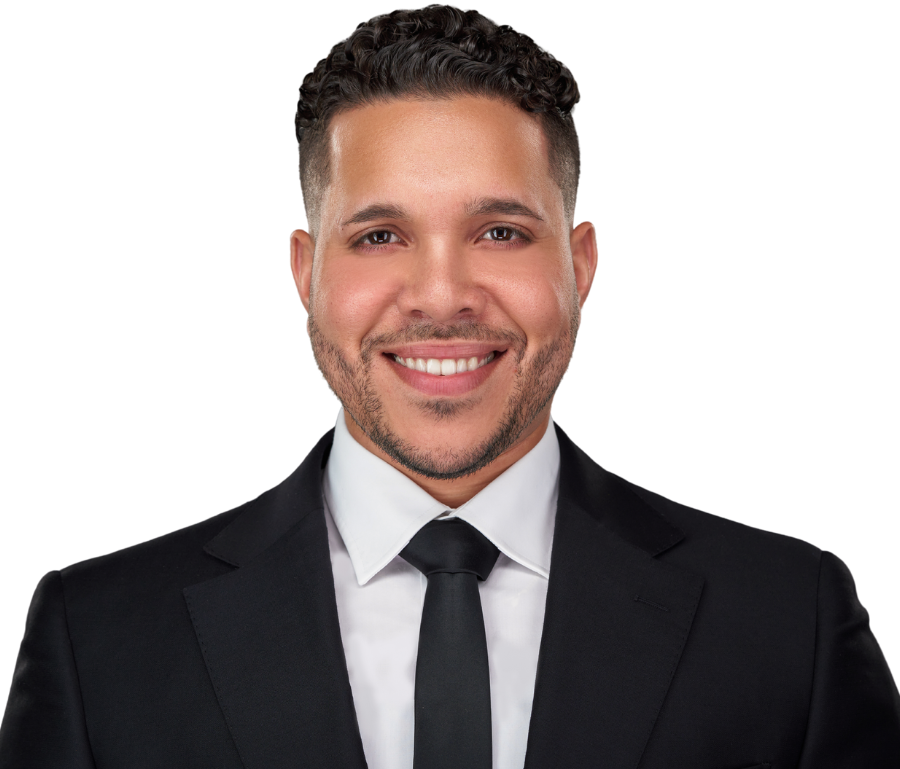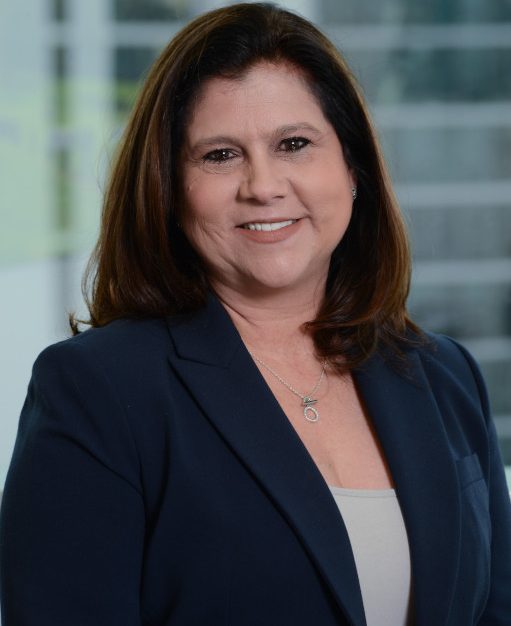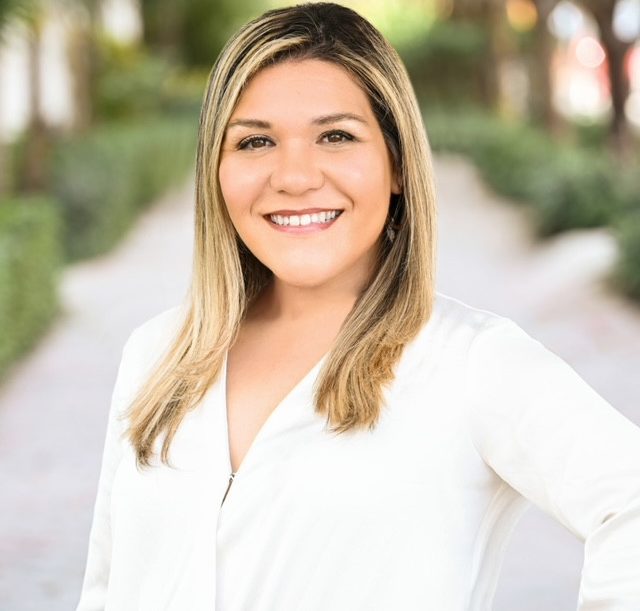Welcome to
Hispano Collaborative Professionals™ (HCP)
The Nation’s First Hispanic Collaborative Organization
Peace.
For Hispanos.
By Hispanos.
Resolving Conflict in a Better and Healthier Way
Mission of Hispano Collaborative Professionals

Hispano Collaborative Professionals’ (HCP) mission is to spread the power of the Collaborative Law process and other alternative dispute resolution methods to the Hispanic community by creating awareness of a better and healthier way to resolve conflict.
Introduction to Collaborative Law
The essence of Collaborative Law is the shared belief of the clients that it is in the best interests of the participants and their families to resolve their differences directly, without adversarial legal proceedings, by participating in a conflict resolution process that does not rely on court-imposed solutions. Collaborative Law relies on an atmosphere of honesty, cooperation, and integrity geared toward the future well-being of the participants and their families.

What is Hispano Collaborative Professionals?

Hispano Collaborative Professionals (HCP) is a Florida-based practice group comprised of interdisciplinary professionals that speak both English and Spanish to help you and your family navigate through major life-changing events with peace, respect, and dignity.
Moreover, HCP is unique in that all of the Collaborative professionals are completely fluent (i.e. speak, read, and write) in Spanish in order to serve you in the best way possible.
From the onset, all participants are represented by Collaboratively-trained lawyers. Over a series of private four-way meetings, the lawyers along with other identified professionals as needed (i.e.; mental health, financial, and affiliate professionals) help identify important interests and issues, as well as, help explore different options to achieve reasonable, written settlement agreement(s) that you and your family can live with.
Why Should You Use an HCP Member?
You should choose an HCP member because each HCP professional comes from a Hispanic ethnic background, completely fluent in Spanish in order to truly understand your needs.
Furthermore, all professionals are held to high standards and requirements set by the board of HCP. Each HCP member must be qualified by completing ongoing Collaborative trainings and must adhere to a strict code of ethics governed by the International Academy of Collaborative Professionals (IACP) and of the Florida Academy of Collaborative Professionals (FACP).
In support of...
HCP is a 501(c)(3) nonprofit, and your donation is tax-deductible to the extent permitted by law.
The What, Why, When, Where, and How
What is Collaborative Law?
Collaborative Law is a voluntary dispute resolution process in which clients create a durable agreement without resorting to litigation.
Why Choose Collaborative Divorce?
- You want peace during a difficult life-changing event.
- You want to avoid court. By staying out of court, you save time, money, and avoid conflict.
- You want a faster resolution. The court system is notoriously slow. Your legal matter can drag out for a very long time and can be very costly.
- You want to have control. You will be able to set the pace and you will not feel the stress and pressure of a stranger in a black robe deciding your fate.
- You want to avoid adversity. If you fight in Court or litigate, just by its very nature, you will position yourself against your adversary, thereby severing any kind of healthy future relationship.
- You want privacy and confidentiality. If you litigate, nothing is private and everything becomes a matter of public record.
- You want a Client-Focused driven process. In Court, your needs may be cast aside or even forgotten because of all the court procedural requirements that must be met.
When to choose the Collaborative Law Process?
The first thing to do is to contact a Collaborative Law lawyer that can educate you regarding your different legal options. The ideal time to choose the Collaborative Law process is when you are ready to move forward with your legal matter. However, if the other participant has already filed a case in Court, it still is not too late to address your legal matter using the Collaborative Law process so long as the other participant agrees.
Where does the Collaborative Law Process take place?
The Collaborative Law process may be in-person or it may be via remote videoconferencing. Your Collaborative Law lawyer will guide you every step of the way.
How does the Collaborative Process work?
Each of you hires an attorney that is specially trained in the Collaborative Law process. Unlike a litigated case, your attorneys do not work against each other, but rather together while still advocating on your behalf. There are no hearings or formal discovery requests because everything is done outside of the courtroom. An interdisciplinary team works together as needed to help you both identify and resolve all your issues so that you can respectfully and maturely resolve your differences through a joint effort. The Collaborative Law process is voluntary, private, and transparent. The goal is to create the best possible future for you and your family.
How is Collaborative Divorce Different?
Collaborative Divorce is different from traditional litigation because it promotes mutual respect, gives you total control of the process, and keeps you out of Court while providing a cost-effective method for current and future dispute resolution.
How is Collaborative Estate Planning Different?
Collaborative Estate Planning is different because of your ability to create a temporary will and ancillary medical documents during the process in the event of an accident, illness, incapacitation or death. You will have peace of mind knowing that if the unthinkable were to happen, your one-half estate will go to your chosen loved ones.
And, upon receiving your final divorce order, you can finalize a comprehensive estate plan for you and your family as you start a new chapter in your life.
Values and Principles of Collaborative Law
- Respect and dignity for the other participant and other professionals;
- Full disclosure of all relevant financial and other information in order to make informed decisions;
- Commitment to meeting the family’s needs;
- Direct communication between the participants and the professionals; and
- Use of interest-based negotiation rather than positional bargaining.

Privacy and confidentiality are major incentives for many families to use the Collaborative Law process, especially for sensitive legal matters.
In many ways, collaboration comes naturally to humans.
This relatively new process has evolved to help families resolve their legal disputes amicably or change their legal status in the most private and humane way. Most importantly, this process is geared towards maintaining healthy and peaceful relationships while moving forward in life, especially when there are family members affected.
Whether you are facing a divorce, a paternity dispute, or an estate planning concern, the Collaborative Law process is a smart, cost-effective alternative that could protect you and your family from the damage of stress and turmoil during litigation.
Other Cases Suitable for the Collaborative Process
- Prenuptial/Postnuptial
- Estate Planning
- Modifications
- Enforcement

8 Divorce Options
Empowerment Comes from an Informed Choice
- Default
- Do-It-Yourself (Pro se)
- Kitchen-Table Plus
- One-Lawyer/One-Spouse Negotiation
- Two-Lawyers/Two-Spouses Negotiation
- Mediation
- Collaborative Law
- Traditional Courtroom Divorce/Litigation
Who are the Hispano Collaborative Professionals
Board of Directors
Contact a Collaborative Professional through HCP for further information.
Members

Pablo Gomez
Realtor Affiliate
Member
Subscribe to Our Mailing List Today
* Indicates Required Field



















